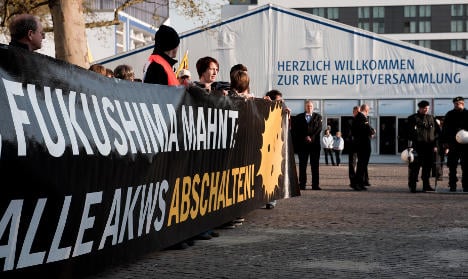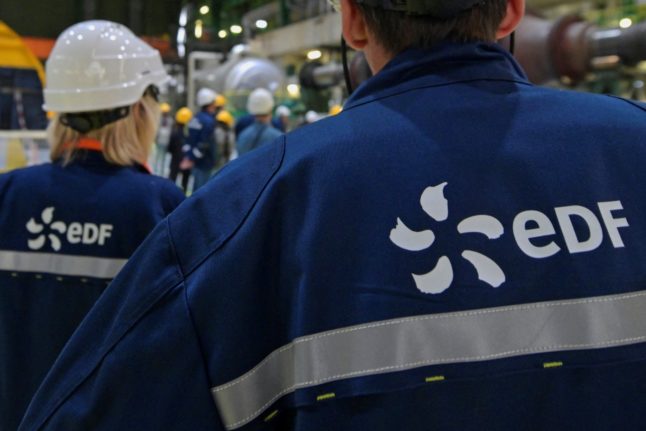Sources at Poland’s Economics Ministry told the magazine that Prime Minister Donald Tusk was planning to invite RWE to take a share of at least 20 percent of the main investor in the project, Polska Grupa Energetyczna (PGE).
The plan is to restart work on a nuclear power station in Zarnowiec near Gdansk, which was stopped in the 1990s. The building work is to be taken care of by the French company Areva.
The operating consortium would need RWE as an experienced nuclear power plant operator, the magazine said. Above all, “the consistent pro-nuclear policies of Jürgen Grossmann,” would be an encouraging sign to Poles to work with RWE, the magazine quoted its Warsaw sources, referring to RWE’s CEO.
But the RWE board denied knowing anything about it, a spokesman saying on Tuesday evening, “That is not true, we do not want to take part in a Polish nuclear power station.”
RWE held its annual general meeting on Wednesday where Grossmann’s celebrated pro-nuclear stance was causing problems rather than attracting business.
Shareholders were greeted at the entrance to the Grugahalle in Essen by hundreds of anti-nuclear protestors shouting for the company to close down its nuclear power plants and trying to block the route in by sitting on the ground.
Inside the meeting Grossmann defended his legal challenge to the German government’s three-month moratorium on nuclear power stations imposed after the Japanese disaster. This has closed down seven of the country’s oldest such plants.
Grossmann said there was no legal basis for this, and that the plants fulfilled all safety demands. He said his legal challenge to the government was unavoidable and in the interests of RWE’s shareholders.
Yet he admitted that the government had the highest authority over policy. “If it is the definite will of the majority of the people of Germany and the policy which represents them, to stop using nuclear power in the future, we will not ignore them,” he said.
But he said such a step would cost hundreds of millions of euros.
His attitude was not shared by all his shareholders, with Hans-Christoph Hirt from the Association of Institutional Private Investors saying that Grossmann’s his confrontation with the government on the matter was risking the firm’s reputation and acceptance.
DAPD/hc



 Please whitelist us to continue reading.
Please whitelist us to continue reading.
Member comments